QIP 2021 Tutorial Speakers
QIP 2021 tutorials took place on the 30th and 31st of January.
All times are in Central European Time (CET).
Saturday, January 30th - Main stage (A)
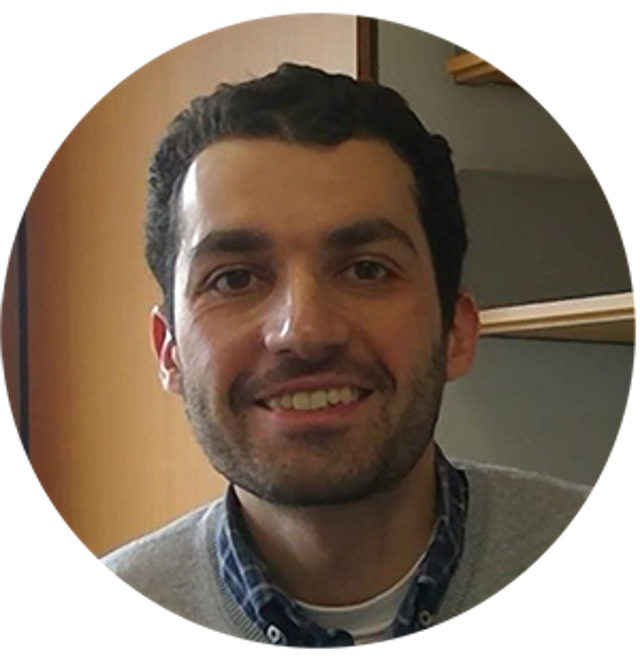
Hamza Fawzi
10:00 - 11:30 | Part A
11:30 - 12:00 | Break
12:00 - 13:30 | Part B
Abstract
Affiliation: Department of Applied Mathematics and Theoretical Physics, University of Cambridge, UK
This tutorial will cover some applications of convex optimization, and more particularly semidefinite programming, to quantum information theory. In particular, I will explain how semidefinite programming can be used to formulate certain optimization problems involving quantum entropies. I will also discuss semidefinite relaxations to polynomial optimization problems, with a focus on the separability problem.
13:30 - 14:00 | Round table with Hamza Fawzi
Access the round table (Zoom) using the button below the Main Stage (A) on either platform.
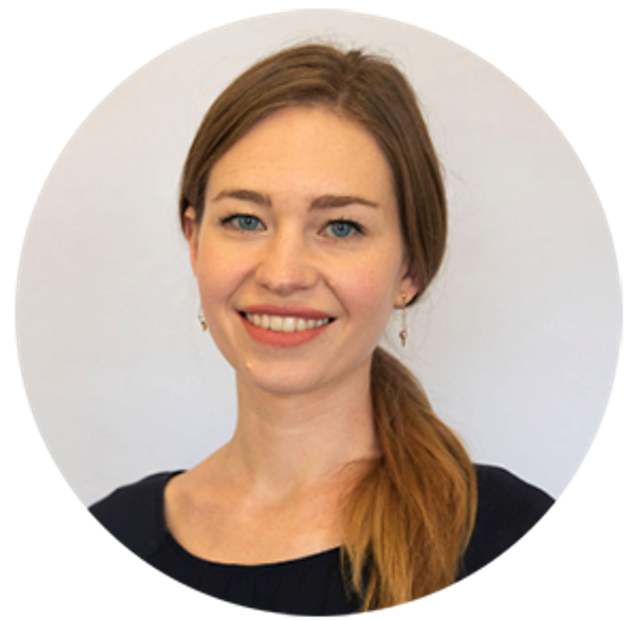
Naomi Nickerson
16:00 - 17:30 | Part A
17:30 - 18:00 | Break
18:00 - 19:30 | Part B
Abstract
Affiliation: PsiQuantum
Abstract
The architecture of a quantum computer has many aspects from the connectivity and arrangement of physical components, the interaction of classical and quantum information through to the design of logical gate instructions sets. Quantum error correction is central to any architecture for practical universal quantum computing to protect against the inevitable imperfections in quantum systems. This tutorial will introduce quantum error correction, what is needed for these theoretical concepts to be applied in real systems, and how this translates into principles for quantum architectural design.
19:30 - 20:00 | Round table with Naomi Nickerson
Access the round table (Zoom) using the button below the Main Stage (A) on either platform.
15:30 - 16:00 | Meet your peers - Mingling
One on one networking session - a great way to meet new people, old friends, and make valuable connections. Participants get randomly matched for one on one talks for 3 minutes. You can try it at the 2D conference space (MeetAnyway).
Sunday, January 31st - Main Stage (A)
Panel discussion: A conversation with women in QST
08:30 - 10:00
The path towards establishing a successful academic career has many stages and requires mastering both research, management and other important skills. This can be compounded by additional obstacles for members of underrepresented groups, whose backgrounds and academic journeys can differ from the traditional path. Many questions can arise related to how one can best approach these topics. A Conversation with Women in QST is an inclusive event aimed at highlighting several female role models in quantum information while giving young researchers the opportunity to ask questions pertaining to life and careers in quantum science and technology.
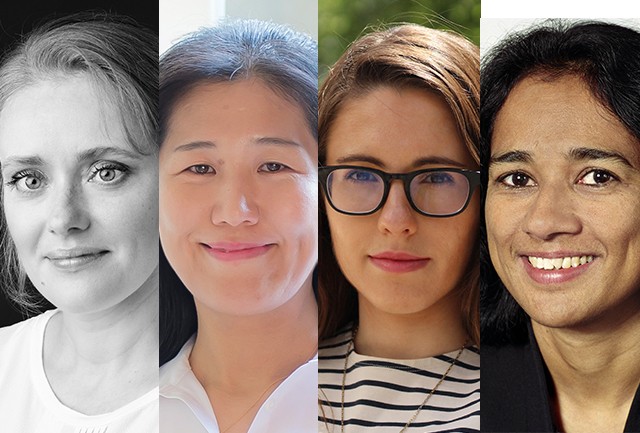
Panelists: Nilanjana Datta, Maria Kieferova, Laura Mančinska, Mio Murao
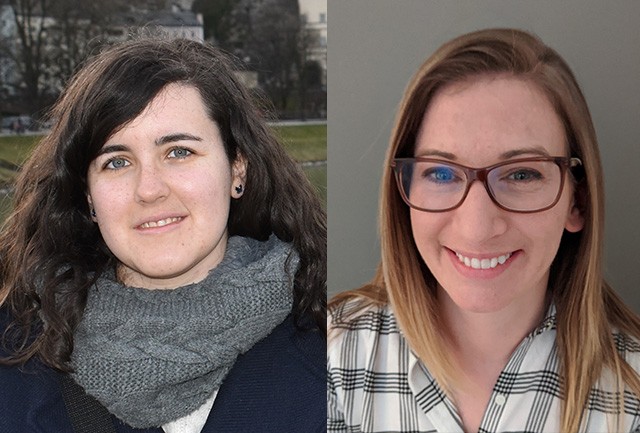
Moderators: Ángela Capel, Amanda Young
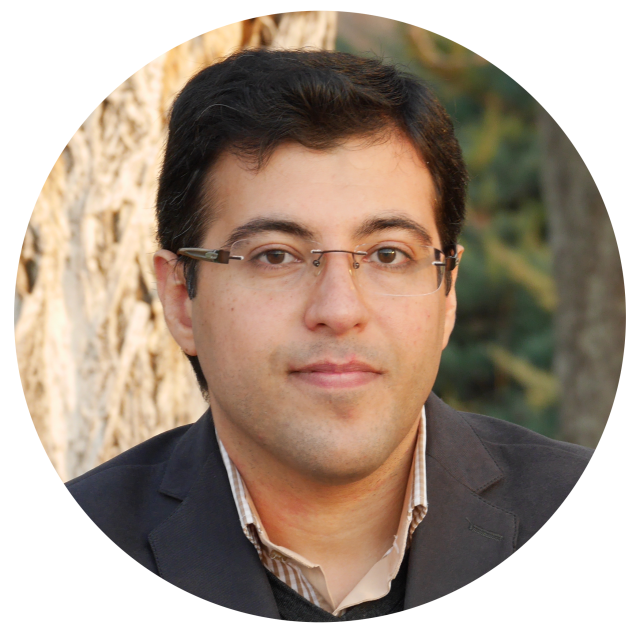
Salman Beigi
10:00 - 11:30 | Part A
11:30 - 12:00 | Break
12:00 - 13:30 | Part B
Abstract
Affiliation: Institute for Research in Fundamental Sciences (IPM) & Phanous Research and Innovation Centre
Abstract
A correlation measure of a bipartite or multipartite source is said to satisfy the tensorization property if evaluating it on independent copies of the source, we get the same quantity as we evaluate it on a single copy. Such measures of correlation naturally appear in the study of some source coding and channel coding problems, as well as quantum nonlocality. This tutorial begins with some motivating examples that elucidate the importance of the tensorization property. Then two main measures of correlation with the tensorization property, namely the maximal correlation and the hypercontractivity ribbon are introduced. Finally some applications of these correlation measures, particularly in the study of quantum nonlocality in various settings are discussed.
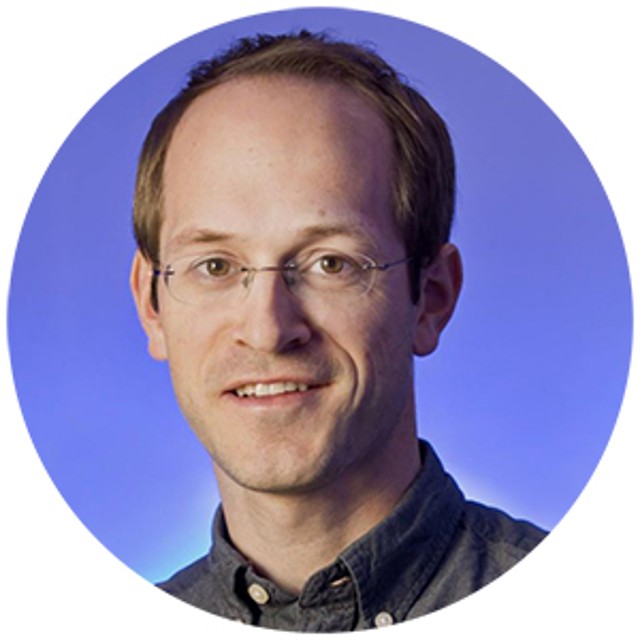
Andrew Childs
16:00 - 17:30 | Part A
17:30 - 18:00 | Break
18:00 - 19:30 | Part B
Abstract
Affiliation: University of Maryland
Abstract
While the power of quantum computers remains far from well understood, many quantum algorithms have been developed that provide various degrees of improvement over classical computation. This tutorial will present an overview of some of the major quantum algorithms and quantum algorithmic techniques. Topics to be covered include quantum query algorithms and their limitations, algebraic quantum algorithms, quantum walk, and quantum algorithms for Hamiltonian simulation, high-dimensional linear algebra, and optimization.
15:30 - 16:00 | Meet your peers - Mingling
One on one networking session - a great way to meet new people, old friends, and make valuable connections. Participants get randomly matched for one on one talks for 3 minutes. You can try it at the 2D conference space (MeetAnyway).